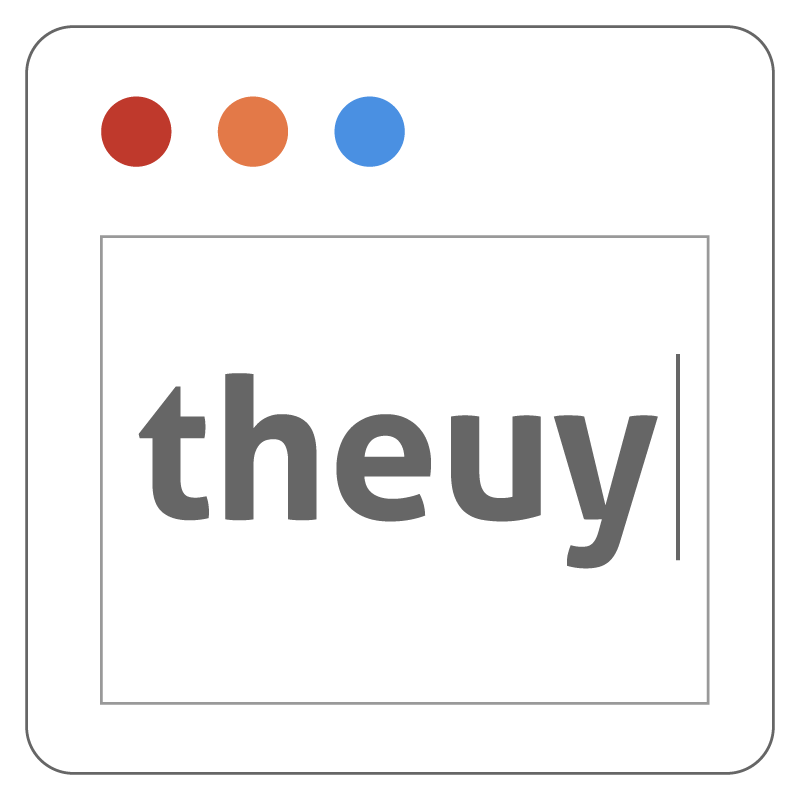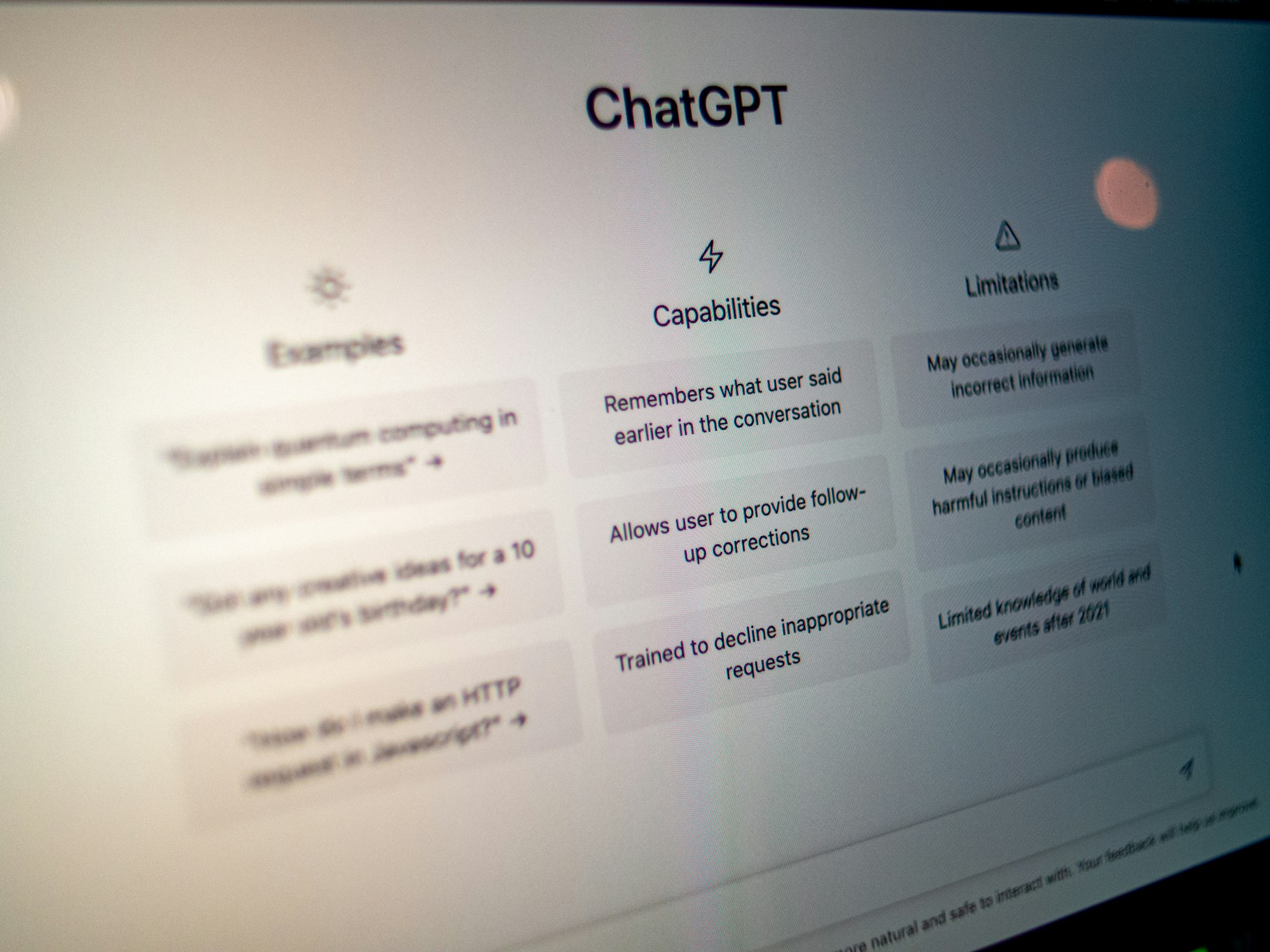ChatGPT is an innovative new artificial intelligence system that has recently made a splash in the tech world. Utilizing natural language processing, it can generate answers to questions in a human-like manner. However, what really sets it apart is its approach to neutrality: rather than offering advice, it remains neutral in its answers. In this blog post, we will explore the implications of ChatGPT's approach to artificial intelligence and how it may impact the future of AI.
What is ChatGPT?
ChatGPT is a natural language processing (NLP) technology developed by OpenAI. It uses a combination of machine learning and artificial intelligence to generate human-like responses to conversations. The goal of ChatGPT is to provide a conversational agent that is able to understand and respond to user queries in a meaningful way. ChatGPT was designed to be able to interact with humans in a more natural way than traditional chatbots. Unlike a traditional chatbot, ChatGPT does not have predetermined answers and can provide tailored responses based on the context of the conversation. Instead of relying on preprogrammed rules, ChatGPT is able to learn from conversations it has had with users in order to generate more accurate responses.
What is the goal of ChatGPT?
ChatGPT is an artificial intelligence (AI) technology designed to provide natural-language conversation capabilities. It is based on a cutting-edge natural language processing (NLP) system that enables it to understand and respond to human input in a conversational manner. The primary goal of ChatGPT is to provide users with reliable, accurate, and unbiased answers to their questions. Unlike other AI-based systems, ChatGPT does not make recommendations or judgments. Instead, it remains neutral, providing factual answers to any given question. This neutrality is one of the most important aspects of ChatGPT, as it ensures that users get the most accurate answers possible without bias. In addition to providing factual answers, ChatGPT can also provide context to better explain the answers given.
How does ChatGPT stay neutral?
ChatGPT is an artificial intelligence (AI) tool designed to provide answers to questions posed by users. The goal of ChatGPT is to provide objective, neutral answers without giving any sort of recommendation or advice. To do this, the AI uses a combination of machine learning algorithms and natural language processing.
The AI scans and evaluates the user’s inputted question and then creates a set of possible answers based on a variety of criteria. These criteria include the complexity of the question, the relevance of prior questions asked by the user, and any keywords or phrases found in the initial query. After these answers are generated, the AI selects the one most suitable for the user based on their question.
This process allows ChatGPT to remain neutral and unbiased in its responses. Because it is not driven by any personal opinion or agenda, it can provide accurate and reliable answers to the user's questions without pushing them towards any particular outcome or direction. This impartiality helps ensure that users receive honest and trustworthy advice, which is essential when dealing with complex matters.
What are the benefits of ChatGPT's neutrality?
ChatGPT's neutrality is one of its key advantages and a major reason why it is becoming increasingly popular. Staying neutral allows the AI to provide objective answers to questions, which can be immensely helpful in a variety of situations. It also gives users more freedom to come up with their own conclusions, instead of relying on predetermined recommendations from ChatGPT.
Moreover, ChatGPT's neutrality allows it to be used as an impartial mediator in disputes. In this capacity, ChatGPT can help resolve conflicts by providing impartial and unbiased advice. This ensures that all parties involved can reach a consensus without being influenced by any biases.
Furthermore, ChatGPT's neutrality makes it ideal for research purposes. Because it does not make any subjective judgments, ChatGPT can be used to collect data that is free from bias and therefore highly reliable. This is especially useful for scientific or political studies, where neutral data is crucial for getting accurate results.
In summary, ChatGPT's neutrality is one of its greatest strengths. By staying neutral, it can provide objective answers to questions, help resolve disputes, and be used for research purposes without bias. This makes ChatGPT an invaluable asset in many different areas.

